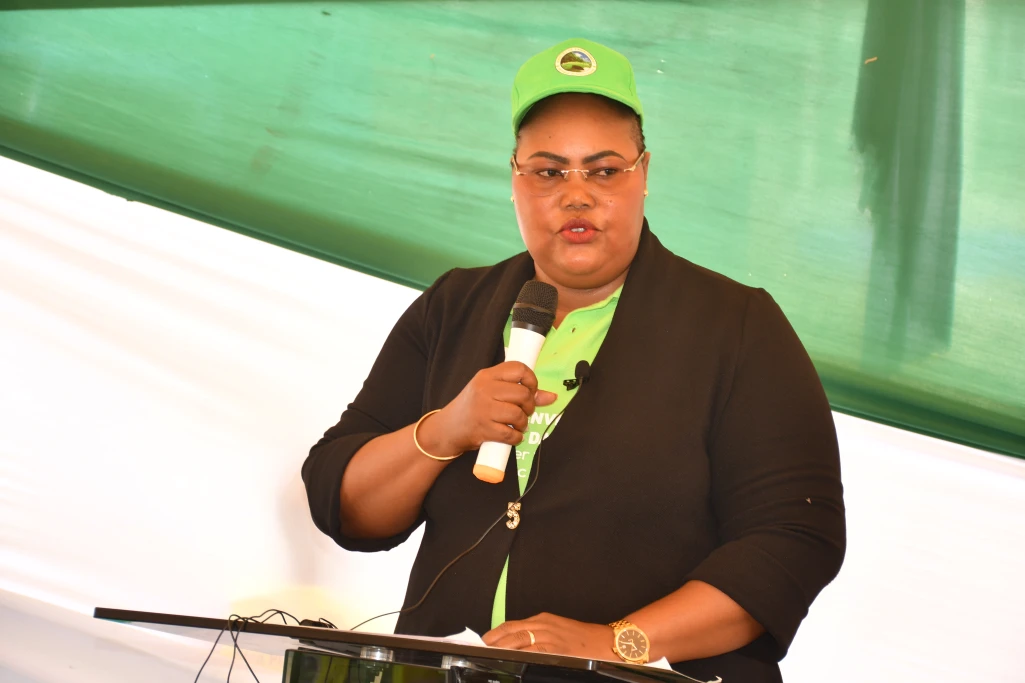
The government said it is taking into consideration the temporary banning of plastic bottle importation until the country establishes recycling system to reduce pollution in town.
The Minister of Environment and Forestry, Josephine Napwon, revealed on Monday while launching the clean up campaign to mark the World Environment Day.
“The ministry of Environment and Forestry is considering declaring a two-year moratorium on the importation of plastic bottles and the production of 500ml, 1l water bottles and also considering the glass bottles that will be used,” Napwon said.
The temporary banning will also limit the internal production of water bottles.
“When this moratorium is declared, water factories will only produce 10 Liters and 20 Liters,” she stated
The official revealed that the government has a plan to establish recycling companies and the moratorium will serve until recycling is actualized.
“The moratorium will only be lifted when there is recycling plant established in the country,” Napwon stated. “There are currently plans and initiatives for establishing this plan and i hope they will materialize soon.”
JICA’s 2022 survey on waste amount and composition in Juba indicates that 40% of waste is composed of plastic garbage.
In 2018, the government banned the use of single plastic bags, but it failed to implement it. The plastic products sneaked into the market again. The minister said she is reviewing the ban again.
“A ban on importation of plastics bag was declared five years ago. However, its implementation was problematic but i would like to review this ban and urge all the relevant institutions and authority to ensure no single plastic bag enter the country and not one should use it,” she said.
According to the minister, the city council and the border security contributed to the failure in implementing the ban.
“One of the obstacles was our Juba City Council. We tasked them to clean the city but they also allowed this thing to get into the market,” Napwon claimed. “Another obstacle is also our security because the security are there to stop these things from entering the country.”
Environmental researchers estimate that plastic bottles and bags constitute 90% of the waste products that are found in major towns in South Sudan.